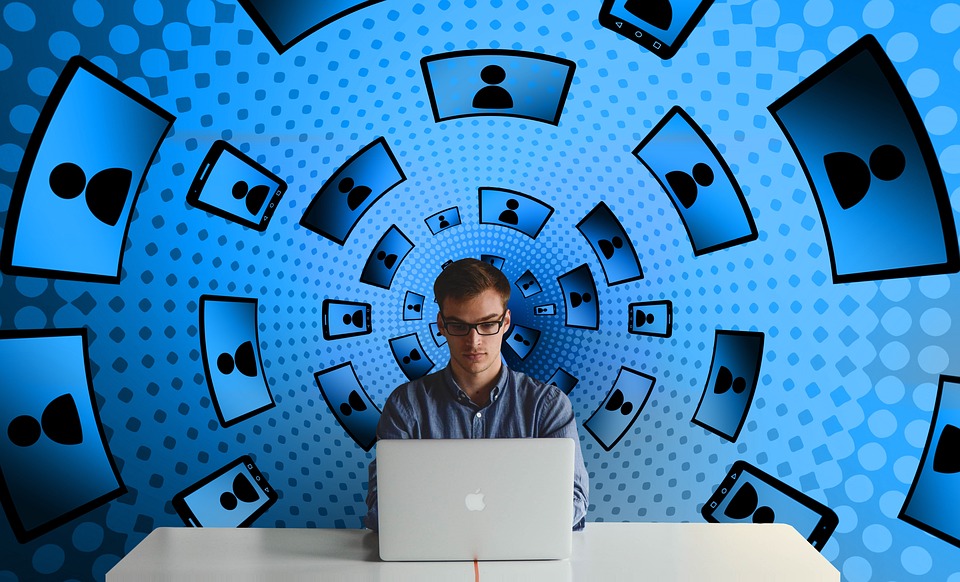Introduction
Social media has become an integral part of our daily lives, with billions of people worldwide using platforms like Facebook, Instagram, Twitter, and TikTok to connect with others, share content, and stay informed. While social media offers many benefits, such as facilitating communication and providing entertainment, there is growing concern about its impact on mental health.
The Connection Between Social Media and Mental Health
Research has shown that excessive use of social media can have negative effects on mental well-being. Here are some of the ways in which social media can impact mental health:
- Comparison and self-esteem: Social media often presents an idealized version of people’s lives, leading to feelings of inadequacy and low self-esteem in those who compare themselves to others online.
- Isolation and loneliness: While social media can help connect people virtually, it can also lead to feelings of isolation and loneliness when individuals compare their social lives to those of others online.
- Cyberbullying: Social media can be a breeding ground for cyberbullying, which can have severe impacts on mental health, including depression and anxiety.
- Addiction: The constant need to check social media, post updates, and seek validation from others can lead to addiction-like behaviors that interfere with daily life and well-being.
Impacts on Different Age Groups
The impact of social media on mental health can vary across different age groups:
Teens and Young Adults
Teens and young adults are especially vulnerable to the negative effects of social media. Studies have shown that heavy use of social media among this age group is associated with higher rates of anxiety, depression, and sleep disturbances.
Adults
Adults may also experience negative impacts on mental health from social media, such as feelings of inadequacy or anxiety related to work-related posts or political discussions online.
Elderly
While social media can help the elderly stay connected with friends and family, it can also lead to feelings of isolation if they are unable to keep up with the fast-paced nature of online interactions.
Strategies for Healthy Social Media Use
While the negative impact of social media on mental health is concerning, there are ways to mitigate these effects and promote a healthier relationship with social media:
- Limit screen time: Set boundaries for how much time you spend on social media each day to avoid excessive use.
- Curate your feed: Unfollow accounts that make you feel inadequate or trigger negative emotions.
- Take breaks: Schedule regular breaks from social media to focus on real-life interactions and activities.
- Seek help: If you are experiencing mental health issues related to social media, don’t hesitate to reach out to a therapist or counselor for support.
Conclusion
Social media can have a significant impact on mental health, with effects ranging from comparison and self-esteem issues to cyberbullying and addiction. It is essential to be mindful of how we engage with social media and take steps to promote a healthy relationship with these platforms. By setting boundaries, curating our feeds, taking breaks, and seeking help when needed, we can protect our mental well-being in an increasingly digital world.
